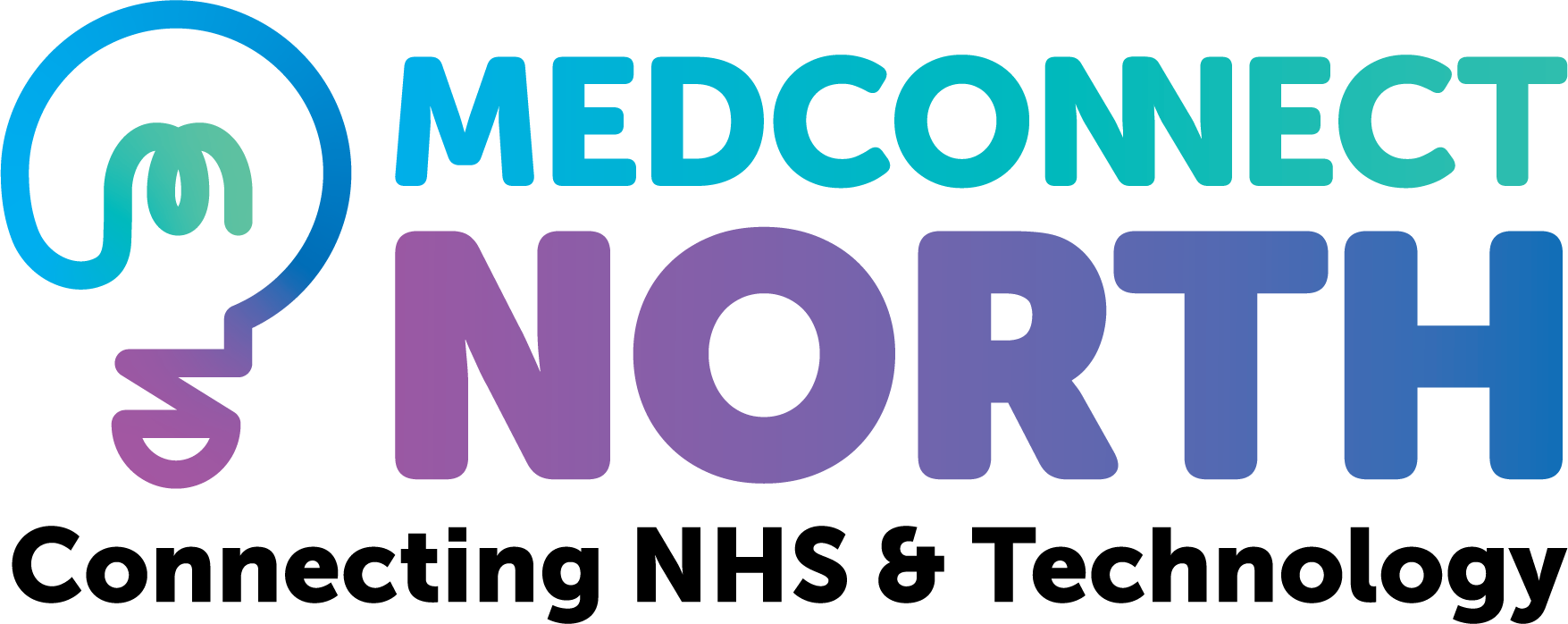A North East and North Cumbria Innovation Pathway Partnership Case Study
Thanks to a partnership between Mainstay Medical, MedConnect North, South Tees Hospitals NHS Foundation Trust and NIHR Clinical Research Network North East and North Cumbria , a small implanted electronic device has become available to NHS patients suffering from back pain.
Developed by Mainstay Medical, the ReActiv8 device has been used for the first time commercially in the UK, on Teesside. Following an initial approach from Mainstay Medical in 2013, the study was in a proof of concept phase in the UK and Belgium the following year, and the randomised control trial (RCT) began in 2016, additionally recruiting in the United States and Australia. The studies which centre around the device have been fully adopted on to the NIHR portfolio.
Professor Sam Eldabe, MedConnecT North Group Lead, and Dr Ashish Gulve, Consultant in Pain Management, have been involved in the development of the new technology and it’s adoption in the region. Prof Eldabe explained: “Working on the Reactiv8 studies has been an absorbing experience, since we started with a first man piece of work and gradually progressed to a CE marking study followed by a sham controlled RCT and an observational registry.
“We established a firm research partnership with Mainstay through this journey,” he added.
ReActiv8® is a small surgically implanted device, which involves two wires inserted on either side of the spine, close to the nerves responsible for activating key muscles stabilising the lower back. These wires are connected to an implanted pulse generator, similar to a pacemaker. With a hand held controller, patients activate the device twice a day for around 30 minutes to stimulate these muscles.
The ReActiv8® implant does not mask the pain but rehabilitates the key stabilising muscles of the back, reducing abnormal, pain provoking movements of spine. The implantable rehabilitation device aims to prevent the progression to fusion surgery. Prior to the implant, patients had to undergo specific physiotherapy and were prescribed painkillers.
Dr Gulve stated: “It can take anywhere between three to six months for patients to feel the benefit of the implant because it is regenerating the muscle, meaning it’s not something that works instantaneously; you have to use it regularly to notice that significant improvement in the pain as well as function.
“The patients who have been part of the study have had their lives changed by this therapy.”
He believes the advanced technology will make a significant difference to those patients at James Cook who are dealing with intractable back pain and have not responded to physiotherapy or any other medications or injections.
Dr Gulve added: “We are looking forward to improve quality of life and function in many more patients suffering from back pain.
“In some patients, conventional treatment and physiotherapy is not enough to restore control of the spine stabilizing muscles. In those patients, ReActiv8® implant can help to regain control of these muscles.”
Morag Brookes, Pain & Neuromodulation Research Nurse Team Leader at South Tees explains: “The ReActiv8 device and other developments are reliant upon good quality research being conducted to underpin the theory and to obtain the necessary approvals to enable them to be available to the general public. This would not happen without the research participants who take part in the studies.
“For some patients, attending appointments in the clinic has meant considerable travel. The research team as a whole have worked very hard for several years on getting this device to market. Seeing the patients improving is wonderful and very satisfying,” adds Morag.
